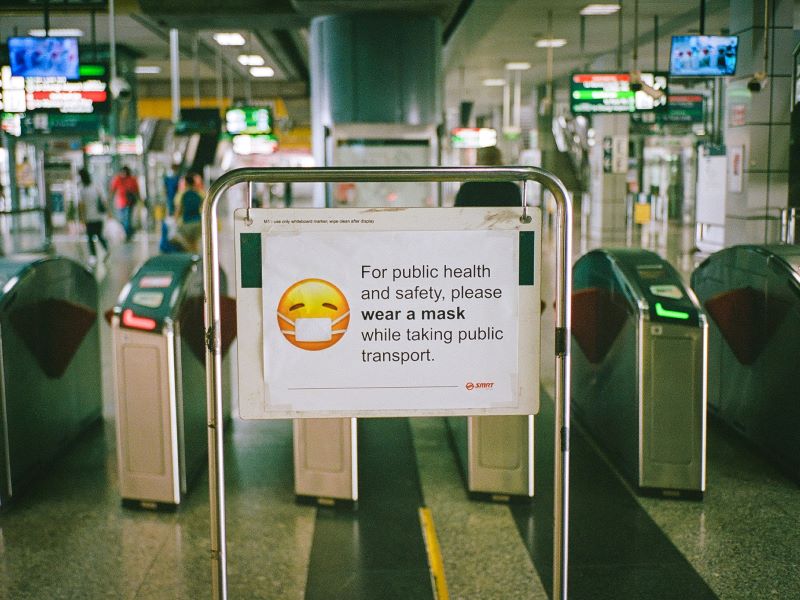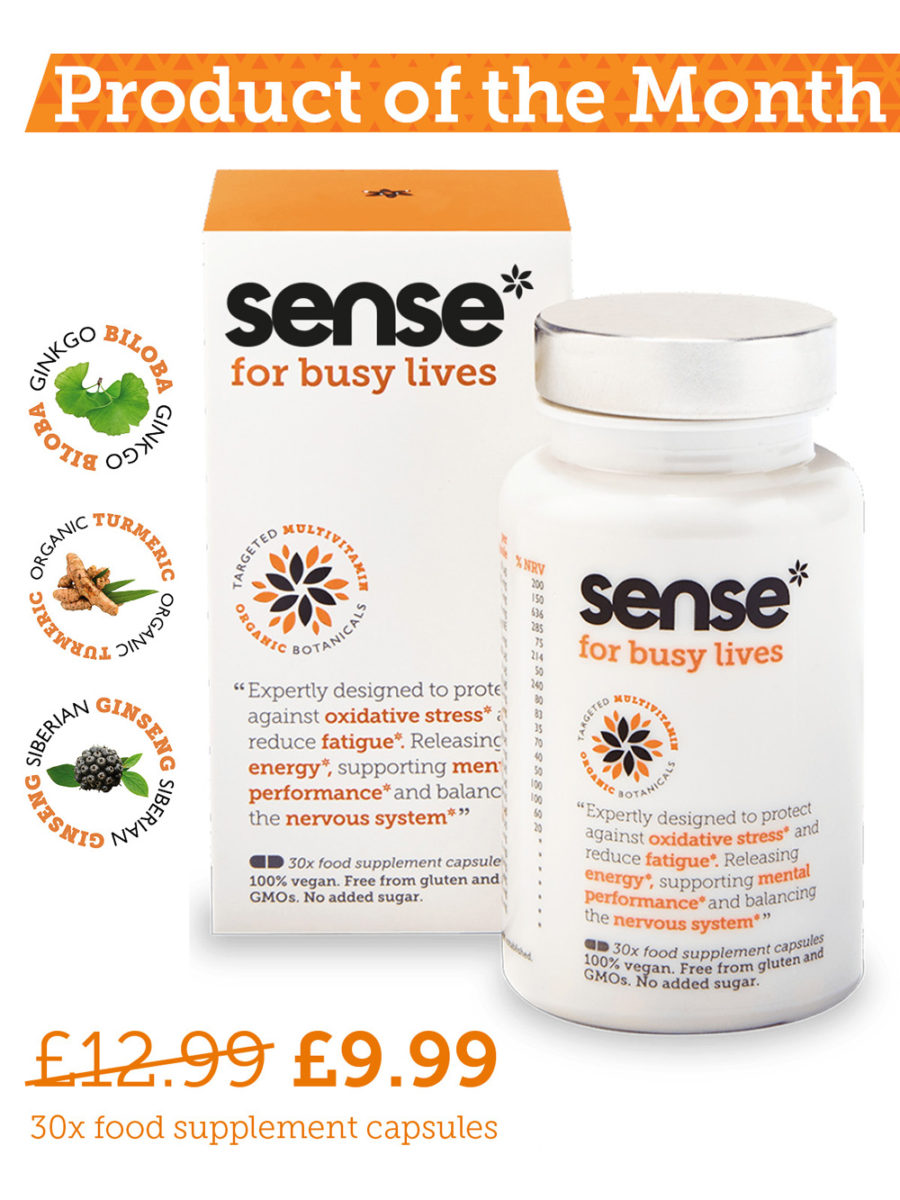
Coping with stress in time of COVID
Life is not currently easy. Many of us have huge stresses that have been forced upon us by all the changes from living through a global pandemic. So how are you doing? Change in itself adds more stress onto you. Coping with stress from simply knowing that there is a deadly virus out there is bad enough. Some of us have job insecurity piled on top.
Where does stress come from?
Ultimately stress is controlled by the mind, like everything else. And it is the mind that controls whether a certain situation or event is “stressful”. So having a calm mind is the first thing to try and achieve (see Meditation below).
If the mind determines something is potentially a problem, it reacts by entering into “fight” or “flight” mode. It is the mind’s way of coping with stress levels. So you either stay around and sort it out or go in the other direction by trying to ignore it. The fright or flight mode comes from prehistoric times when we were being chased around by woolly mammoths and the like.
If you enter this mode then the body will react by producing cortisol via the adrenal glands. This cortisol will ensure we are on our guard. It makes us more alert, our hearts beat a little or a lot faster and as a result we feel stressed.
If the “danger” or stressful situation becomes worse then the body (as directed by the mind) will pump out some adrenaline. This increases all the senses and the pulse/heart beat so that there is a noticeable difference.
This reaction on a one-off basis is good. It helps protect us and keep us on guard. However, if these stressful situations keep arising again and again then your adrenal function gets worn out so you become incapable of reacting to dangerous situations. If caused by over-work, this is often called “burn-out”.
Stressful situations to note, to try to reduce stress levels
Below are some examples of stressful situations that most of us can relate to:
- Getting ready to go out: having to plan exactly what route we take to avoid too many people; remembering face mask, gloves and anti-viral spray; how much longer to take if queuing outside shops; which shops were too crowded last time; or should we not go out and just order online?
- Not being able to see our loved ones at all in some cases during lock-down and now on a restricted basis. Deciding whether to meet up with elderly friends or relatives. With an invisible killer virus affecting the elderly, these decisions are highly stressful.
- What about commuting to and from work during rush hour? Or getting on any public transport. Not so much feeling claustrophobic from the sheer number of people any more. But being conscious of everyone around you. Continuously noting that you are breathing in a vast array of hazardous gases, let alone the added risk of coronavirus.
- Whether on Zoom, Google Hangouts or What’s App we have to endure long(er) meetings at work and endless office hours. Whilst many of us have had the chance to work from home. Many have not and due to short staffing go without the necessary and vital breaks to clear the mind and recharge the body.
- It has still been the case in towns and cities that take-aways have been opened. Grabbing unhealthy fast food on-the-go, and, in most cases, not affording enough time for the food to be properly digested by the body.
- Just being encapsulated by the pollution that is in the air we breathe and in, pretty much, everything we touch or live in or around. Our bodies are being stressed constantly.
- Simply bombarding ourselves with stress upon stress, which then dominate and cloud our minds, from the moment we wake up to the minute our heads hit the pillow at night. Have we done this or that? I have forgotten to ring so and so. We can’t have the planned holiday, birthday party or wedding. It is never ending.
Stress in the City!
Recent studies have suggested that those who work and/or live in the city experience more depleted energy levels and higher stressful situations, which, in turn, intoxicate our body, spirit and mind. Read on to learn more about coping with stress wherever you are.
This is why living a citified lifestyle can actually cause you more stress overall, as opposed to living in more countryside environments.
Multiple studies have found that there is a link between busy city life and the onset of mental health issues, which include anxiety disorders and aggression.
In countries with a high standard of living, city residents are as much as 21 percent more likely to develop chronic anxiety than rural dwellers, and city living may even alter the brain to process stress less effectively!
Ways to reduce stress levels
There are several ways of coping with stress levels. Particularly dealing with the stress that current daily trials & tribulations throw up. Below are some tips that can help you lead a less stressful life:
Go green for coping with stress levels
Wherever you live, find time to visit the countryside or at the very least visit your local park. Being close to nature has a calming effect.
If you live miles away from the nearest park or country walk, then why not bring nature into your living/working space? Research suggests that living amongst plants will reduce stress levels and help your mental health.
Professionals who have potted plants on their desks are more likely to be productive throughout the day too. They also get sick less often.
Eat green too!
Exposure to pollution destroys essential nutrients that the body needs for its daily metabolic functions. Enzymes that are involved in these processes are also deactivated and can no longer support the body.
Green smoothies and fresh salads should make up part of everyone’s daily routine. Smoothies are easy to digest and so more of the nutrients are used by your body.
These healthy nutrients and vitamins fight against the toxins. Add fruit to sweeten if you don’t like the thought of that green taste too.
Read here for our Founder’s favourite green smoothie recipe.
Read here for the super nutrient rich smoothie from Joan Ebsworth
And part of the cancer fighting regime of the Founder’s brother, Neil, make these smoothie recipes.
Exercise as you travel
Cycling has become the new big thing. Government is planning on spending £2 billion on promoting cycling from herein. There are even free repair vouchers given away to enable you to get your bike out of the garden shed and use it.
This is not surprising given that sharing small spaces is not advisable at the moment i.e. cars.
If possible, skip the tube/bus and walk/bike to any social or work meetings instead. You’ll not only get the benefits of reducing risk of coming into contact with COVID-19, you also get some exercise, and you’ll help save the planet by reducing GHG emissions – and save your wallet too!
Meditate

Studies suggest that learning how to meditate can really help reduce stress levels. This can be done in organised groups or using specific breathing rituals. Alternatively, by simply stopping and sitting quietly and listening to how your body feels, you will reduce stress. Breathing in and out deeply will help in addition.
So, instead of getting in a flap or stressed out try breathing in and out slowly 10 times or more. Chanting ‘om’ next time you are late for a meeting may get you funny looks but it will make sure your meeting is productive.
It’s amazing how much you can calm the body down in just a few deep breaths.
Try holistic treatments
Holistic treatments may help lower your stress levels to a more normal level. These include body/head massage, reflexology, Ayurveda and healing crystals.
If money is an issue—as one session is not enough to deliver results, why not try traditional herbal remedies?
Gingko biloba and Ginseng are ideal for mind clarity and function, whilst guarana is perfect for energy and alertness. Read all about 2 types of Ginseng here.
Chamomile can be used for relaxation, and peppermint, ginger and turmeric can aid digestion and reduce upset stomachs. There is a deep connection between stress and digestion.
Our lifestyle surrounds us with stress, but if you take care of your body it will take care of you.
These are the two main sense* products that help cope with stress or its effects:
sense* for gut health – product page or in depth article
sense* for busy lives – product page or in depth article

